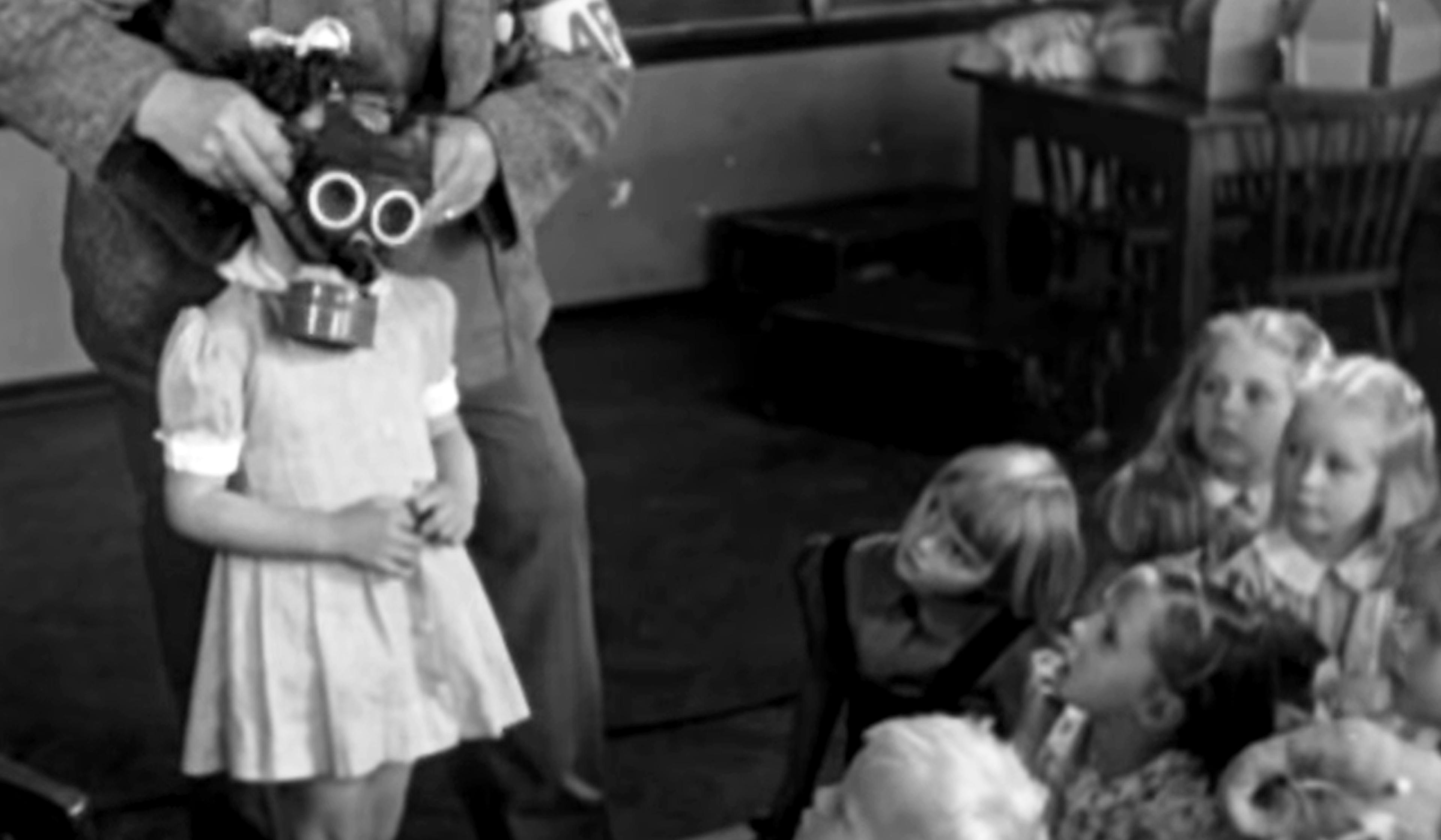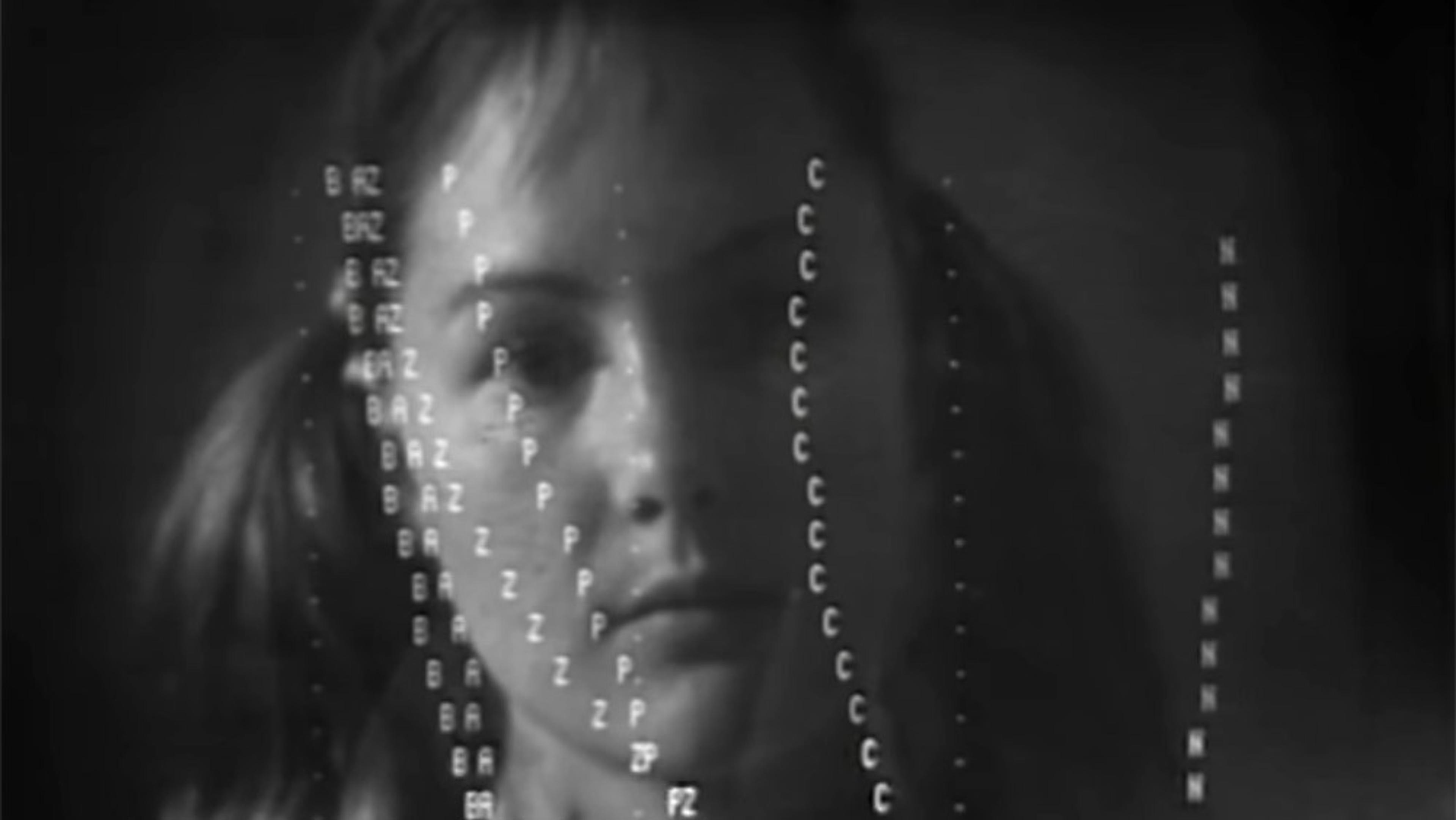In the 1950s and ’60s, the British government conducted nuclear tests in Maralinga, a remote region of South Australia, with little understanding or forethought of the public health problems the fallout might cause. The harmful, sometimes deadly impact of these tests not only affected military conscripts, roped in without any real warning of the potential dangers, but private Australian citizens as well – and especially Indigenous peoples. Accounts of a Nuclear Whistleblower details this dark, somewhat forgotten chapter in Australia’s history via a firsthand account from Avon Hudson who, as a member of the Royal Australian Air Force, was stationed in dangerous proximity to these detonations, and later worked to expose their devastation and enduring threat. Hudson’s activism would ultimately help to precipitate the establishment in 1984 of the Royal Commission into British Nuclear Tests in Australia.
Meet the man who uncovered the scandal of nuclear testing in South Australia
Director: Naveed Farro

videoWar and peace
A peace activist’s harrowing account of nuclear war is a visceral case for disarmament
26 minutes

videoWar and peace
Decades after participating in secret nuclear tests, a veteran tells his story
9 minutes

videoEnvironmental history
In Kazakhstan, ‘atomic lakes’ still scar the landscape decades after Soviet nuclear tests
13 minutes

videoWar and peace
A chilling map through time of every recorded nuclear detonation in history
13 minutes

videoThe future
Could the weirdest solution to the problem of nuclear waste also be the best?
14 minutes

videoComputing and artificial intelligence
Civilisation peaked in 1940 and will collapse by 2040: the data-based predictions of 1973
11 minutes

videoWork
Life under the shadow of a gas-belching Grangemouth oil refinery
10 minutes

videoThe environment
Clearing the Zone Rouge in France, where First World War debris still poses a threat
15 minutes

videoDemography and migration
Refugees flee to Australia only to be detained in squalid and abusive conditions
15 minutes